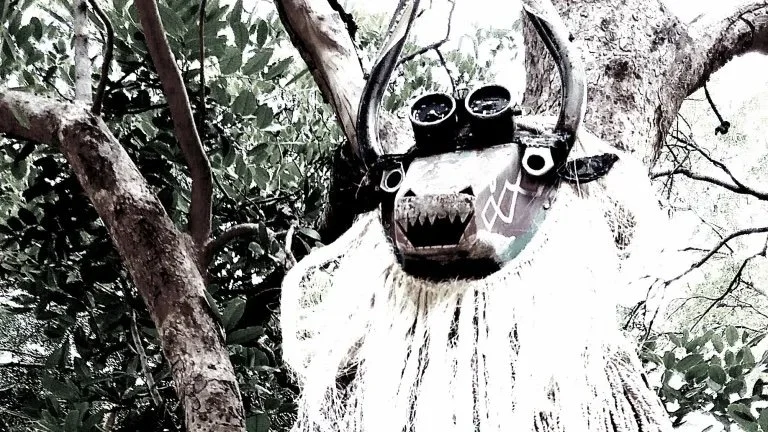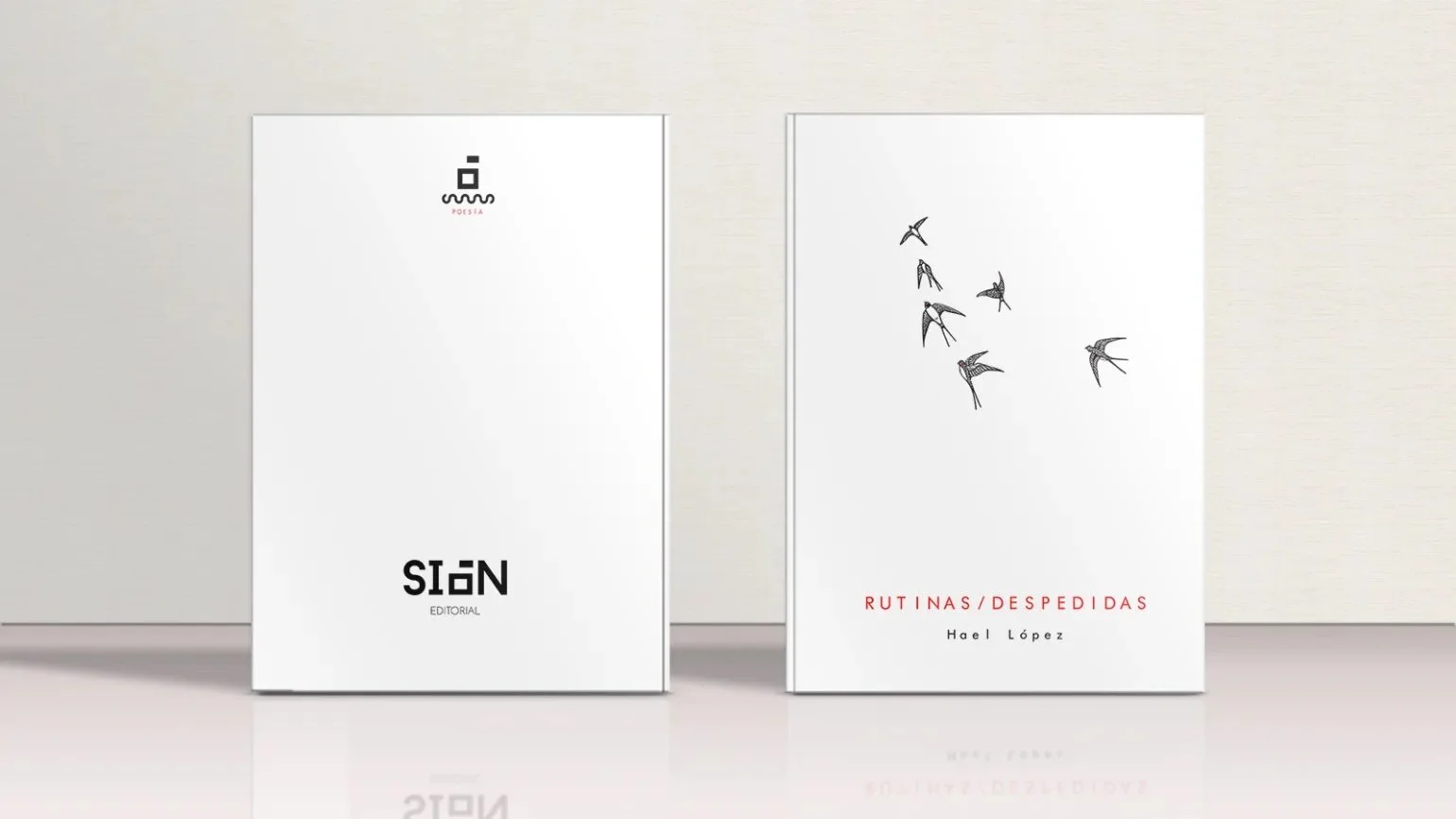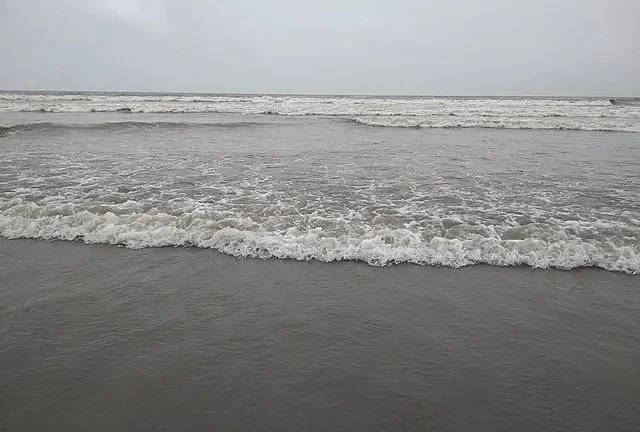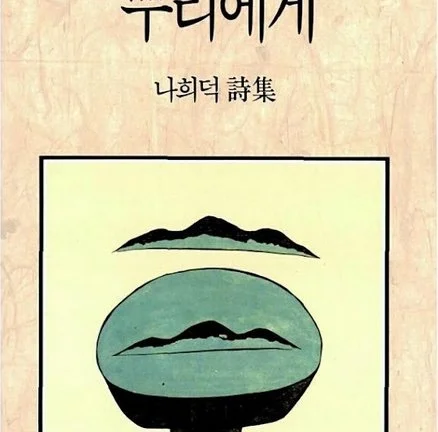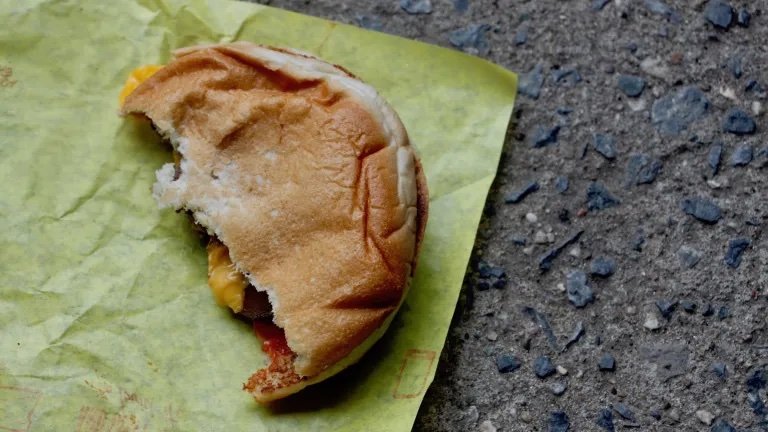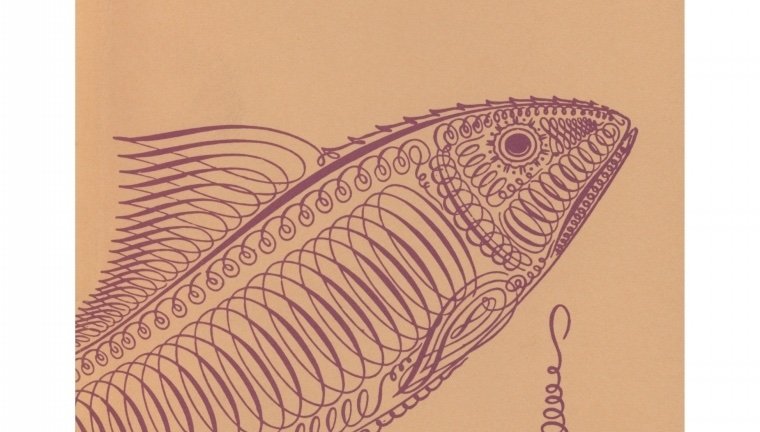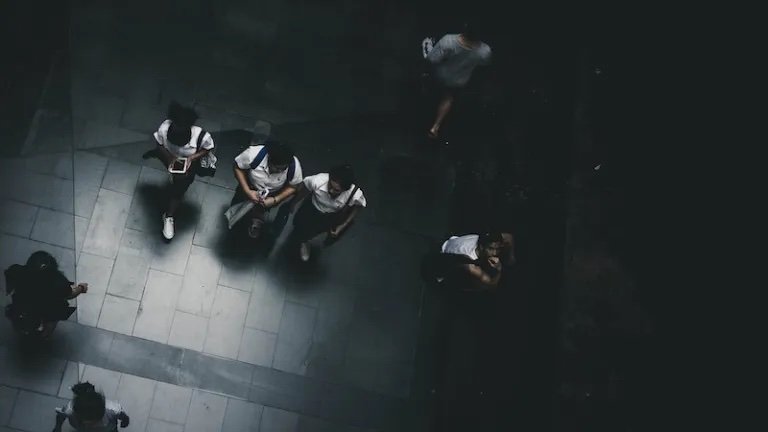3 Poems by Moyi Mbourangon
Not the one that is gone
Perhaps the one coming
And as dreams burst seams
5 Poems by Hael Lopez
I was small.
It would’ve taken my entire life
to traverse the days dividing us.
Spring Contest Winner in Translation: The Odd Month
Near the end of the hours, the background is the yellow forest of the painting; a day on which deer, and all else that is born and will one day die, are bound by an impossible connection. Two days prior, they learn how to pray: if what crowns the sky is a root, then I believe. Two days later, they sit in the sun, in a frame of white light, where the idea of the sky lies beneath their feet.
My Friend Cassidy Has A New Boyfriend
My friend Cassidy has a new boyfriend and I’m very happy for her, because I love to be happy for people. Except, of course, for my enemies, whom I love to hate. I don’t actively tend to these grudges all the time, just once or twice a week, like my houseplants. Just enough to keep them alive. Just enough to burn some calories. I’m not even jealous that she’s sharing her love with someone else because who would want to be the sole recipient of someone’s love anyway? It would be so much work.
One Poem by Syd Westley
To become a boy was not so expensive
When disrobing, my lover did not gaze with pleasure at the slight curve of my hip
When fucking, I did not float to the walls and watch from afar
Spring Contest Runner Up in Translation: To the Roots
In that deep place when you were my root since I was soft newly-tilled earth
I can remember you well.
From the place where you took
Cowboy Angel Rodeo
Pierre is short, almost squat, with thick ropey legs that remind Mike of a WWE wrestler, one who uses their thighs to choke the shit out of people. Mike is short himself, brushing against 5′3″ when he puts his thick-soled loafers on. Pierre has a raspy-whisper voice, and Mike thinks it’s all those Pall Malls he smokes, one after the other, piling up in his ceramic ashtray on the coffee table. Over dinner, Pierre tells Mike that he used to own lovebirds, but the cigarettes kept killing them, so he decided he better stop. His cats seem to handle it better.
The First Time I Tried McDonald’s
I was dead, or, at the very least, considered dead in the eyes of my country. When the Soviet Union fell apart, Saint Petersburg came down along with it. My mother drank most days until she could no longer see, and in the wake of her biting neglect, I was left a wounded animal. When I was eight years old, a stranger came to the apartment and told me I was going to be an orphan for the rest of my life. As we drove away from my mother’s apartment, I quietly watched the back of the stranger’s head with bewildered eyes.
60th Anniversary Announcement
The first issue of the Columbia Journal was published in the fall of 1977 by the students of the Columbia University School of the Arts Graduate Writing Program. It was sixty-seven pages long and featured poetry and fiction, including works in translation, as well as an interview with poet Stanely Kunitz. “It’s a rather ambiguous period,” Kunitz said of the prevailing mood of the time. “One of disenchantment and cynicism, distrust of elders, distrust of the social order, but no flag to wave, and very little idealism.”
Jamyats: Of Ahuehuetes and Statues by Yásnaya Elena A. Gil Translated from the Spanish
“I don’t want to be a tree; I want to be its meaning.”
– Orhan Pamuk, My Name is Red (Translated by Erdağ M. Göknar)
One Poem by Du Ya
Stranger, this is spring in my village:
from the very start, the east wind has opened every enclosure,
occupying each street corner and patio,
moving through the village locust trees to the fields beyond.
4 Poems by Farhanah Translated from the Indonesian
Too many voices, they puddle in the ear and the megaphone
stalks. The water’s cloudy, so much lost, sunk, floating,
turns into phone data parasite bacteria. The intricate road looks full
of intersections that form the wrinkles on your face.
One Poem by Yoysef Kerler
My epitaph is a wild plant that grows
in the kingdom of sadness and regret—
A smile slinks past like a fox
and is lost among gray stones.
Notes from Underground
She approaches me at a party. Tells me he handcuffed her to his dining table and left her there for ten hours. Said he’d thought she had the key. His mistake for forgetting to remove it from his breast pocket. Her eyes are the kind of green that makes you sorry to be looking for so long, matte and immovable. Not like mine. Gray and protean. There’s a distantness about her, surprising dispassion for someone as young as she is. She looks tired. She doesn’t cry or even flinch as she recounts this to me, as though explaining the plot of a movie she watched almost too long ago to recall the actor’s name. She takes a sip of her beer, offers me one. There’s a cooler on the stairs, she says. Just throw a few bucks in the cupholder. I thank her, but do not move right away. I stay in her placid stare, wanting something to happen, wanting for us to embrace one another, or break down. Isn’t that what we deserve? United by the same violent touch. But we aren’t sisters, nor are we friends, and in many ways our relation was for the longest time exclusively adversarial. Well, see you, I say. Yeah, she says. See you.
A Conversation with Chessy Normile
Madeleine Cravens, M.F.A. candidate in poetry, sat down with poet Chessy Normile on a stoop in Brooklyn to talk about humor, vulnerability, and revision. Normile’s debut collection, Great Exodus, Great Wall, Great Party, was awarded the 2020 APR/Honickman First Book Prize, judged by Li-Young Lee. This book’s poems are irreverent and highly intimate, drawing the reader in through topics such as the Bible, theories of time, and trauma. As Li-Young Lee writes in the introduction, Normile’s poems are “born of an imagination that is unpredictable, fearless, probing, self-questioning, and marked by the influence of a hidden wisdom some might consider folly.”
Next Time Won’t You Sing With Me
Abecedarian
Sure, why not? If I’m going to tell it, and I’m not at all sure that I am, why not wrap it in structure, cover it with metaphor, poetry, asides? Better to bury it deep behind the chest wall, the pectorals, the silicone implants that stand in for ducts and fat and lobules, the scarred-up skin. Tell it muffled, tell it crooked, whisper it into a thousand layers of hospital green cotton, bubble it up through a vat of Adriamycin®. Or not. Maybe best not to tell it at all.
Here You Go
Just so you’ll know: this doesn’t end with me doing the right thing. Why else would it stick with me for forty years? Who has the time, space, or inclination to remember one’s moral successes? Don’t, however, go into this expecting a thrilling tale. Complicit inaction is rarely thrilling, especially when there’s not a great deal at stake in the first place, as was the case here. But the same could be said for life in general—rarely thrilling, rarely much at stake. There are occasional moments, however, when we sense the ethical gravity of things a bit more than usual, moments when we feel our responsibilities to others a bit more keenly, even when the decisions we end up making don’t affect all that much. Perhaps we feel these things most when we know we’re doing our best to deny the choices available to us. The denying is what has stuck with me.
